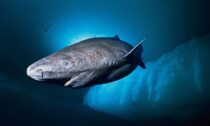
A rare Greenland shark found washed up on a Cornish beach died of meningitis, a post mortem has found. Scientists who examined the body said the discovery was “likely a world’s first”. The female found just outside Newlyn Harbour in Cornwall in March is thought to be 100 years old by marine biologists. But it is still considered a “juvenile” because Greenland sharks can live to more than 400 years old.
Scientists said there was not enough evidence to link the disease to man-made stressors, such as pollution.
The autopsy by the Cornwall Marine Pathology Team, is thought to be the first of its kind undertaken in the UK.
Veterinary pathologist James Barnett, of the Cornwall Marine Pathology Team, said the brain was “discoloured and congested”, while the fluid around the brain was cloudy.
A strain of bacteria was isolated from fluid around the brain and is thought to have been the cause of the meningitis.
The pathology team, part of the Zoological Society of London’s (ZSL) Cetacean Strandings Investigation Programme (CSIP) found that the 3.96m long shark had damage to her fins and silt in her stomach, suggesting she may have been alive when she stranded.
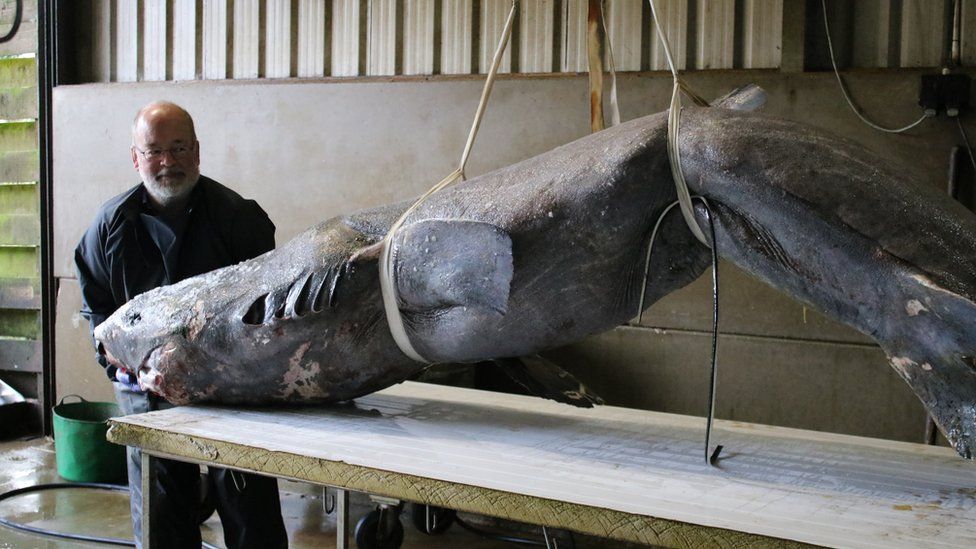
Rob Deaville, project lead for the CSIP, said: “This unfortunate and extraordinary stranding has allowed us to get an insight into the life and death of a species we know little about.
“Discovering that this shark had meningitis is likely a world’s first, but the significance of this in terms of any wider stressors is unknown.
“Ultimately, like most marine life, deep sea species such as Greenland sharks may also be impacted by human pressures on the ocean but there is not enough evidence at this stage to make any connections.”
Scientists believe the brain infection explains why the shark was out of her natural deep-water habitat and the cause of her stranding and eventual death.
They usually dwell more than 2.5km below the surface of the Arctic and North Atlantic oceans.










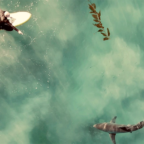
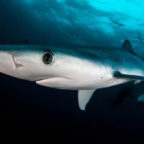
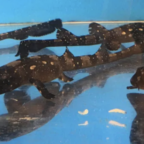
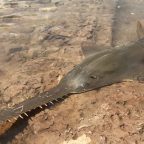

Social Profiles